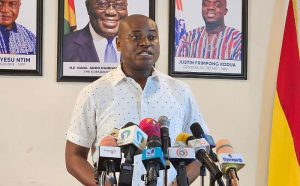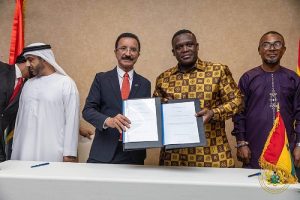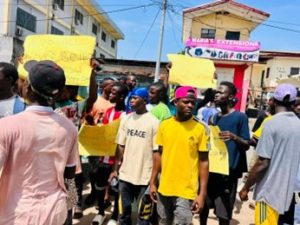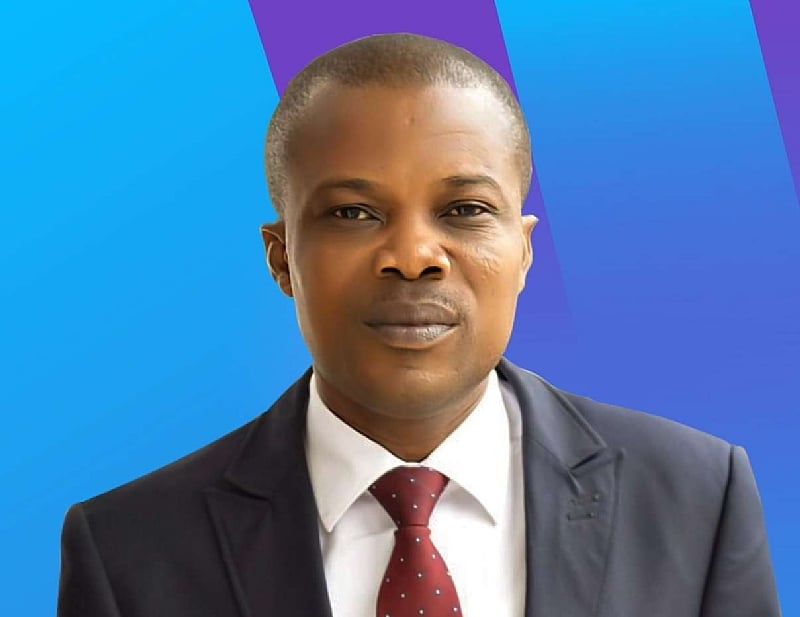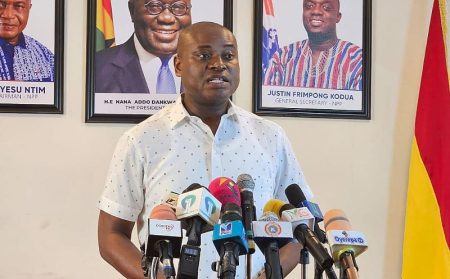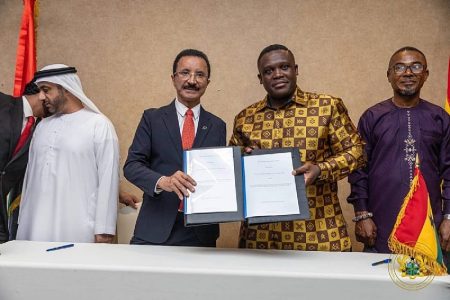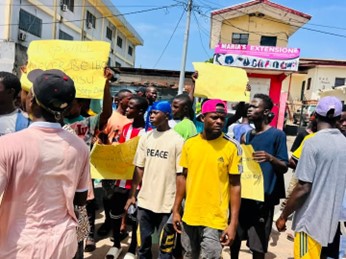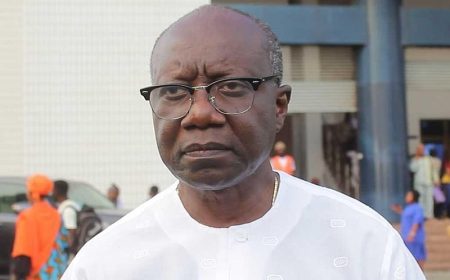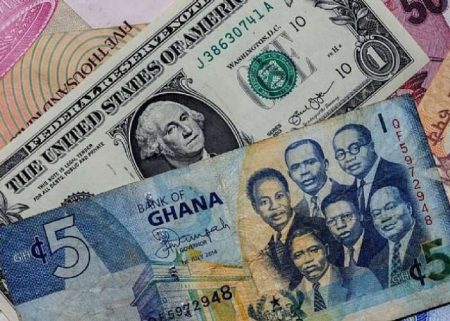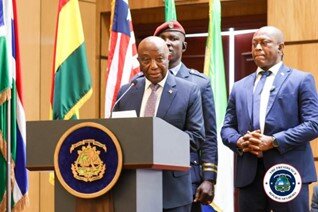The recent arrest of Bernard Antwi Boasiako, widely known as Chairman Wontumi, by the Economic and Organised Crime Office (EOCO) has brought to light a series of events that underscore the complex interplay between politics, law enforcement, and public perception in Ghana. Security analyst Richard Kumadoe has revealed that Wontumi’s arrest was preceded by a visit from National Intelligence Bureau (NIB) operatives to his residence. This visit, which remained largely unnoticed by the public, was a consequence of Wontumi’s failure to respond to an earlier invitation from state authorities. This revelation suggests that the current situation, marked by high-profile arrests, public protests, and accusations of political persecution, could have been avoided had Wontumi complied with the initial request for his cooperation. The sequence of events raises questions about the effectiveness of communication between law enforcement agencies and individuals under investigation, as well as the potential for escalating tensions when such interactions are not handled transparently.
Wontumi’s legal troubles stem from allegations of misconduct related to the Ghana Export-Import Bank (EXIM Bank), leading to a summons by the Criminal Investigations Department (CID). The situation escalated when EOCO subsequently apprehended him as part of an ongoing investigation into suspected financial crimes, including money laundering, fraud, and causing financial loss to the state. These serious accusations placed Wontumi, a prominent figure as the Ashanti Regional Chairman of the ruling New Patriotic Party (NPP), at the center of a rapidly evolving legal and political drama. His arrest quickly became a focal point of political contention, highlighting the delicate balance between upholding the rule of law and avoiding the perception of politically motivated actions, particularly when prominent political figures are involved.
Following his arrest, Wontumi was granted bail in the sum of GH₵50 million with two sureties. The substantial bail amount, while reflecting the seriousness of the charges, also contributed to the growing sense of political drama surrounding the case. The events surrounding Wontumi’s arrest and subsequent bail further fueled the existing political polarization in Ghana, with supporters and opponents aligning along party lines to interpret the situation through their respective political lenses. This politicization of the legal process added another layer of complexity to an already delicate situation, raising concerns about the potential for political considerations to overshadow the pursuit of justice.
The arrest and subsequent bail of Chairman Wontumi did not end the controversy. Minority Members of Parliament, expressing their disapproval of the handling of the situation, staged a protest at EOCO’s headquarters in Accra to demand his release. Led by Minority Leader Alexander Afenyo-Markin, the MPs marched from Parliament to EOCO’s office, occupying the street and disrupting traffic. Their chants of “justice for Wontumi” and accusations of politically motivated persecution against EOCO and other security agencies amplified the political dimensions of the case. This direct action by the Minority MPs transformed the legal proceedings into a public spectacle, further exacerbating political tensions and raising concerns about the potential for such protests to influence the course of justice.
The protest by the Minority MPs underscored the heightened political climate surrounding Wontumi’s case. Their actions, while ostensibly aimed at securing his release, also served as a platform to express broader concerns about the perceived targeting of political opponents by law enforcement agencies. This narrative of political persecution resonated with Wontumi’s supporters and widened the rift between the ruling and opposition parties. The public display of dissent by the MPs, while protected under the right to protest, also raised questions about the propriety of such actions, especially when directed at institutions entrusted with upholding the law. The incident highlighted the challenges of maintaining public trust in law enforcement and the judiciary when political considerations are perceived to be at play.
Kumadoe’s assertion that the NIB’s earlier, discreet attempt to engage with Wontumi went unheeded adds a crucial element of context to the unfolding narrative. It suggests a missed opportunity to address the situation before it escalated into a public spectacle involving arrests, protests, and accusations of political bias. This revelation underscores the importance of communication and cooperation between individuals under investigation and law enforcement agencies. Had Wontumi responded to the initial invitation, the subsequent chain of events, including his arrest and the ensuing political fallout, might have been averted. The incident serves as a cautionary tale about the potential consequences of failing to engage with legal processes and the importance of transparent communication in maintaining public trust and upholding the rule of law.


